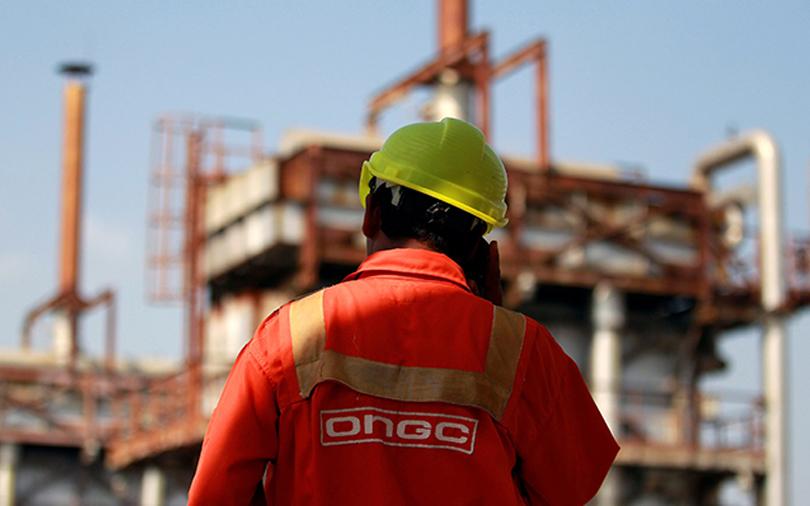ONGC-HPCL Deal: BJP Govt’s Jugglery to Meet Fiscal Deficit Target

The Union government has resorted to statistical jugglery to meet its disinvestment target, by letting one public sector undertaking (PSU) to borrow money to buy government stake in another PSU.
The state-owned Oil and Natural Gas Corporation (ONGC) is going to acquire 51.11 per cent government equity in another state-owned company, Hindustan Petroleum Corporation Limited (HPCL), in a transaction which is to be completed by the end of January 2018.
Oil exploration behemoth ONGC is the largest producer of crude oil and natural gas in India, while HPCL is engaged in oil refining and marketing.
ONGC is to acquire the HPCL shares at a cash purchase consideration of Rs. 473.97 per share – at a 14 per cent premium compared to the stock's last traded price – with the total acquisition cost amounting to Rs. 36,915 crore.
With the completion of the deal, HPCL would become a subsidiary of the ONGC. Earlier this financial year, ONGC had acquired 80 per cent stake in the KG basin gas block of the Gujarat State Petroleum Corporation for Rs. 7,738 crore.
The ONGC has borrowed Rs. 4,000 crore from ICICI Bank, Rs. 10,600 crore from Punjab National Bank, Rs. 4,460 crore from Axis Bank and Rs. 3,000 crore from Axis Bank in order to finance the deal.
It has been reported that the company is likely to sign even more loan agreements to pay for the acquisition.
While claims have been made that the acquisition would facilitate vertical integration that would strengthen the ONGC, the much talked-about "benefit" claimed by proponents of the deal is that the government would be able to meet its "disinvestment target" for the year through the stake sale. Furthermore, the concerns regarding the possible privatisation of the ONGC, given the clamour from within government quarters, have only been heightened with the deal.
The government had aimed to collect Rs. 72,500 crore this financial year through disinvestment, and with the ONGC-HPCL deal, this target would be exceeded.
The primary objective is apparently to help the government keep the fiscal deficit within the targeted 3.2 per cent of gross domestic product (GDP), given the fact that GST collections and non-tax revenues have been below expectations. Economist Prabhat Patnaik points out that “fiscal consolidation” is being achieved in India not by raising taxes on the rich, but by a drastic pruning of government expenditure, resulting in adverse effects on employment generation.
The obsession with fiscal deficit even at a time when both economic growth and employment generation have slowed down has meant that the government has had to juggle numbers to hide the “problem”.
Therefore, one company owned by the government is borrowing money to buy the government's own stake in another company, so that the government can avoid borrowing directly.
A report in Business Line notes that the government had announced Rs. 50,000 crore additional borrowing in December last year. "A few weeks later, the additional borrowing was lowered by Rs. 30,000 crore, and when the near-Rs.37,000 crore deal was announced, it was labelled a strategic sale," says the report. The borrowing by an arm of the government – a public sector company – has allowed it to hide the numbers from its own budget.
ONGC made a profit of Rs. 17,900 crore in 2016-17, and employs over 33,000 persons. Various lobbies have been calling for the privatisation of the company, through the sale of stake in prime oil fields, and through direct sale of government shares.
Get the latest reports & analysis with people's perspective on Protests, movements & deep analytical videos, discussions of the current affairs in your Telegram app. Subscribe to NewsClick's Telegram channel & get Real-Time updates on stories, as they get published on our website.
























